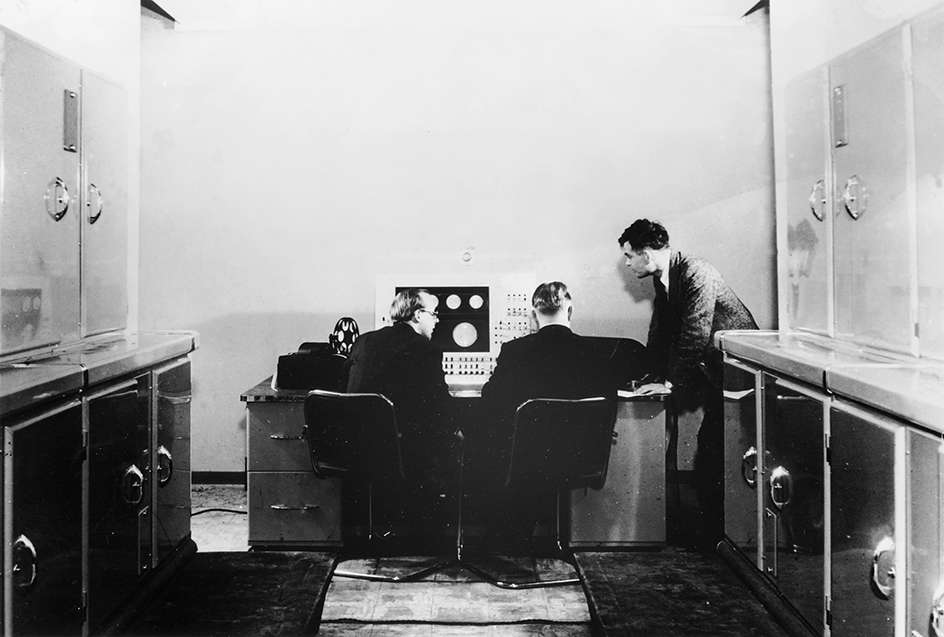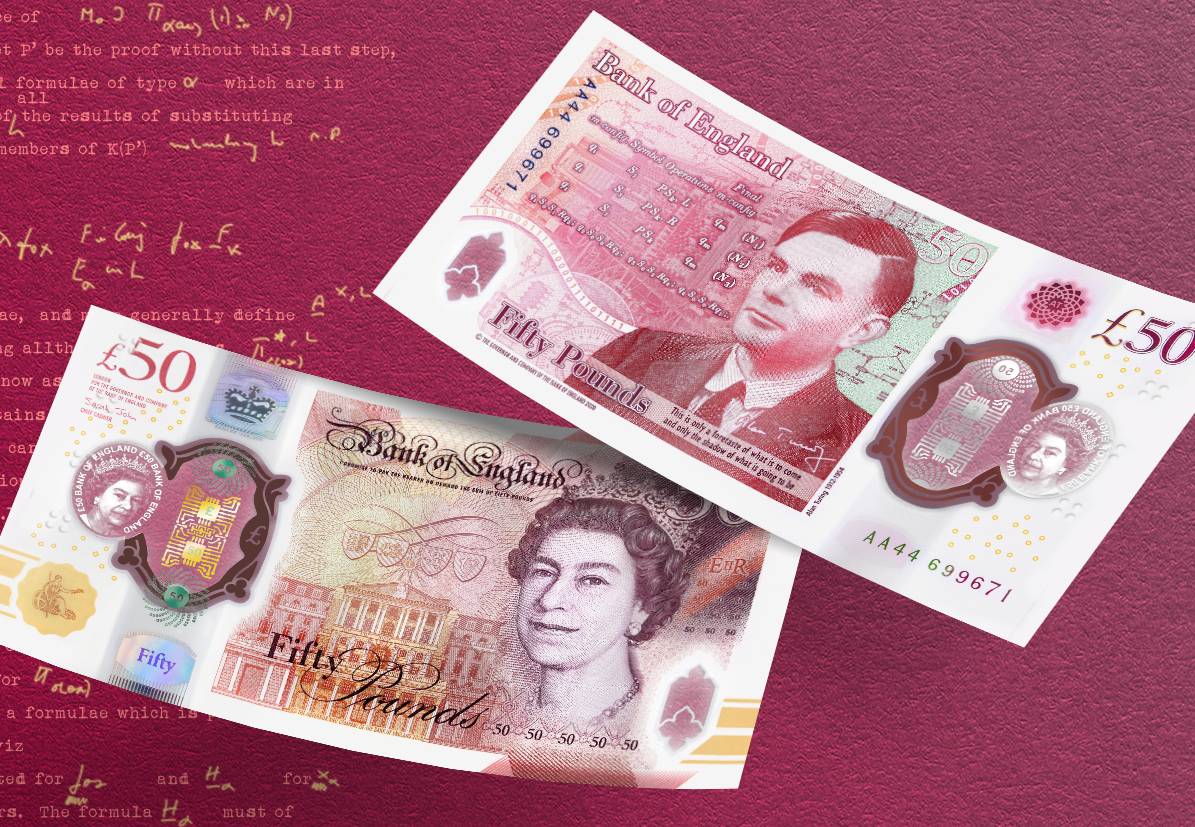Turing, Alan Mathison (1912-1954), an English mathematician and computer pioneer, made important contributions to the development of electronic digital computers. In 1936, he developed a hypothetical computing machine—now called the Turing machine—that could, in principle, perform any calculation. The device had a long tape divided into squares on which symbols could be written or read. The tape head of the machine could move to the left or to the right. The machine also had a table to tell it the order in which to carry out operations. The Turing machine became an important model for determining what tasks a computer could perform.

Turing was born on June 23, 1912, in London. He studied mathematics at Cambridge University and at Princeton University. During World War II (1939-1945), he helped crack German codes. After the war, he worked on a project to build the first British electronic digital computer. In 1950, he proposed a test for determining if machines might be said to “think.” This test, now called the Turing test, is often mentioned in discussions of artificial intelligence. Turing died on June 7, 1954. In 2021, the Bank of England began issuing 50-pound bank notes featuring Turing. 
